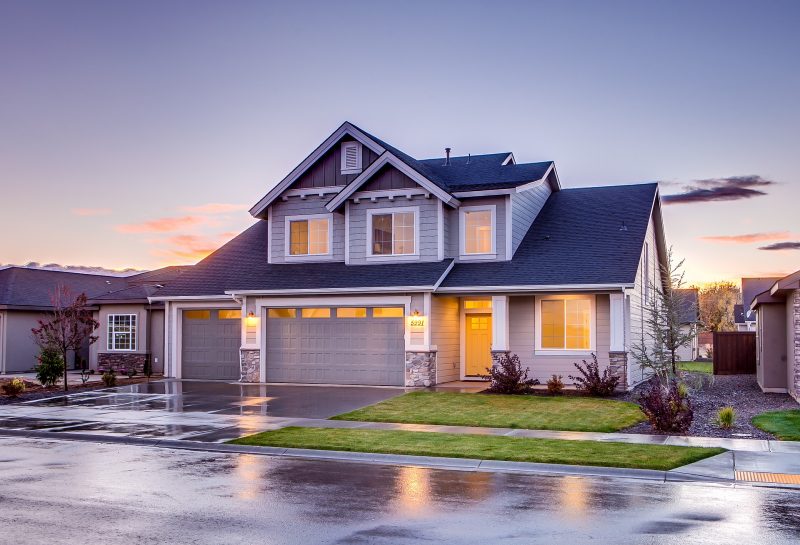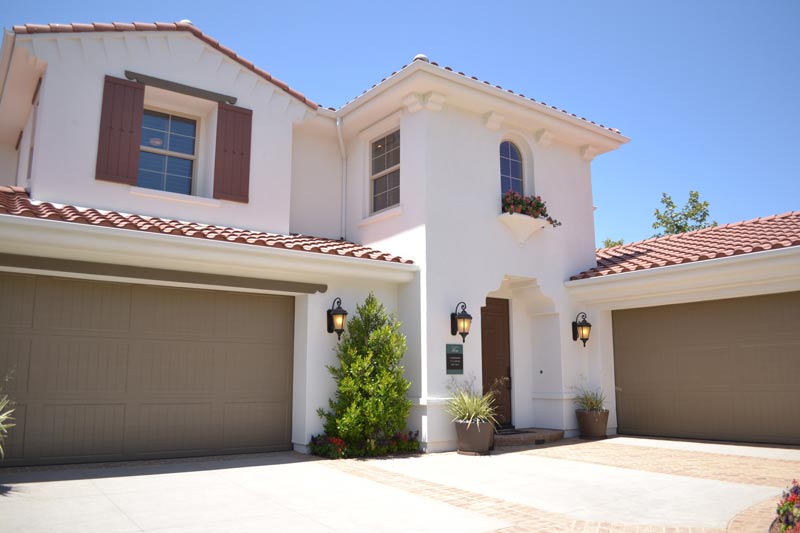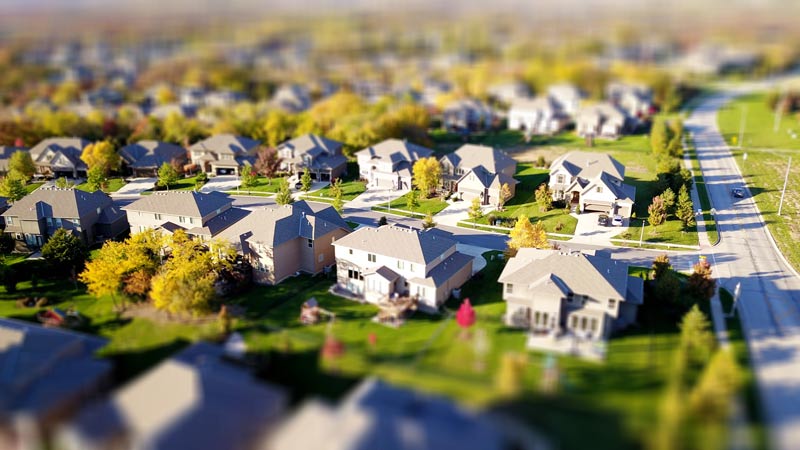House Flipping
In 2017 alone, over 200,000 single-family homes and condos were flipped! Flipping a house means you purchase it, make updates and improvements, and then sell it—all within a fairly quick amount of time.
When flipping a house, remember that the key is to buy low. In most cases, you can’t expect to make a decent profit unless you’re really getting a great deal on the front end.
House flipping is appealing because it’s a quicker process than renting a property for years. In just months, you could get the house back on the market and (hopefully) turn a nice profit. But just like other investments, there’s a risk you won’t make money on it. You could even lose money.
The downside of house flipping is that updates and renovations have the potential to cost more than you plan, and those costs could eat into your profits. It takes a lot of time and effort, so you need to think about whether or not you want to devote that kind of energy to such a project. And before you jump into house flipping, talk to us about the potential in your local market.
So Again, If investing is your next move, then we need to talk. Lets Get Started!


